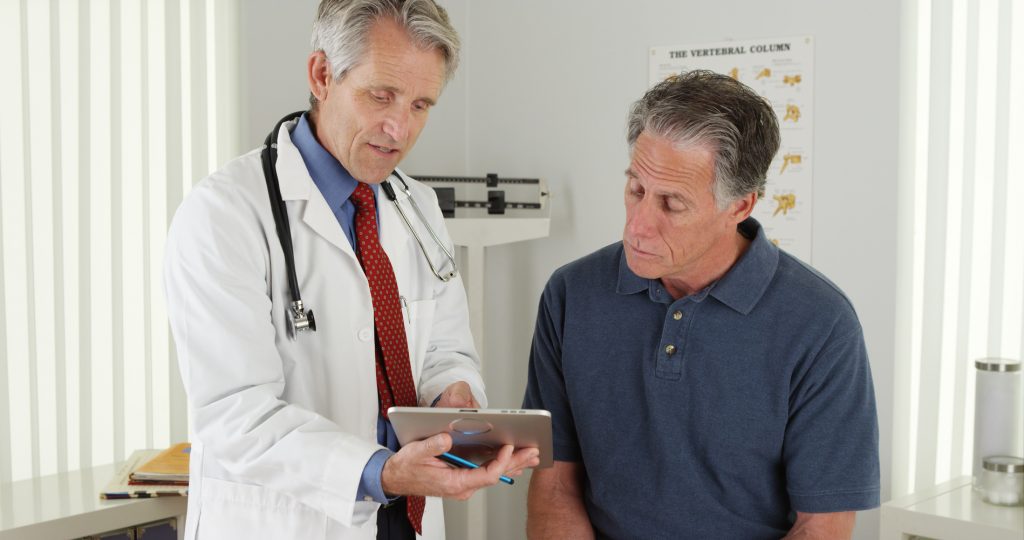The Nurse’s Role and Female Genital Mutilation
By Misbah Shah
Ethical issues involve gender inequality, unbalanced resource distribution, and danger to vulnerable populations. Although it is important to embrace other cultures, different beliefs can lead to ethical dilemmas. Global health enc…
For Nurses, “Just” Is A Four-Letter Word
Words are powerful, and the words we use to describe ourselves, such as “I’m JUST a nurse,” can have far-reaching effects — for others, and within our own psyches.
The Necessity of Continuing the Advancement of Clinical Trials
Despite vast patient benefits, clinical trials have struggled to recruit their target number of participants, with many recent studies failing to reach 33 percent of their original recruitment goal.
Dave’s Blog: It’s Time For PA Practice In Puerto Rico
Puerto Rico is the last place that is part of the USA that does not allow PA practice. Why?
PAs, NPs, and Physicians Deliver Comparable Patient Care
Across the outcomes studied, results suggest that NP/PA care was largely comparable to PCP care in community health centers.
The Mind Has It
Exploring the merits of cognitive-behavioral therapy techniques, namely the act of mindfulness, in your therapy practice.
Best Ways to Survive as a Travel SLP
Are you an SLP who’s dreading traveling from building to building or house to house each day? Here are some helpful tips to survive it.
Lateral Violence in the Workplace
Lateral violence has been defined as “nurses covertly or overtly directing their dissatisfaction inward toward each other, towards themselves, and toward those less powerful than themselves,” which can take many forms.
Nurse Be Nimble, Nurse Be Quick
The notion of pivoting in your nursing career isn’t a new one, and that readiness to pivot can emerge from a nimbleness of mind and a willingness to read the tea leaves of your career. Are you nimble?
15 Books Every Healthcare Professional Should Read
Do you want to offer your patients better care, increase your own industry understanding, and improve your own understanding of your field? Read these 15 books.








